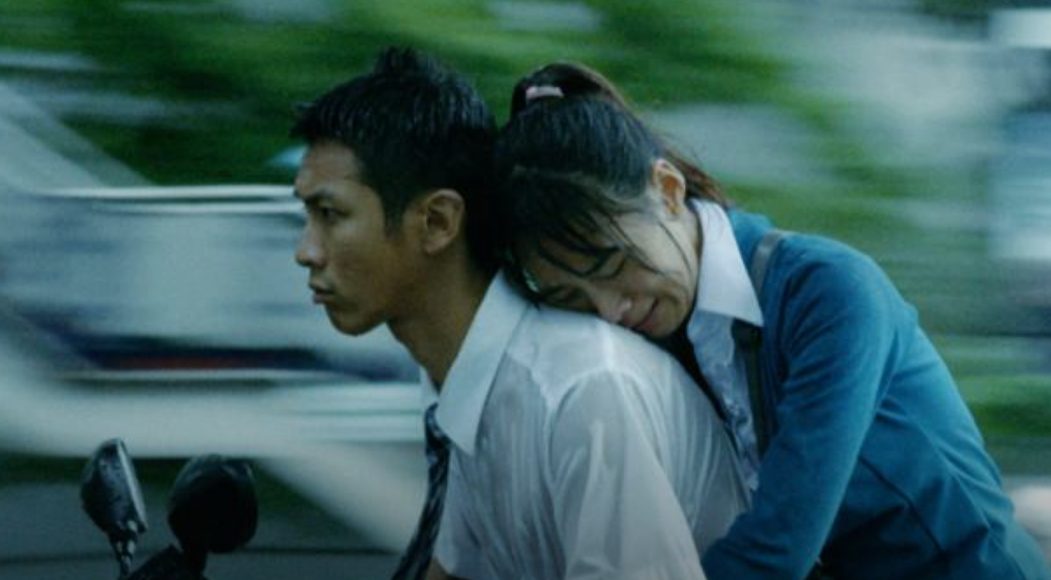Screened at the Filmhouse cinema on Fri 17 & Sat 18 Nov 2017
This hard-hitting migration drama follows a young Burmese girl, Lianqing (Wu Ke-xi) and Guo (Kai Ko), a boy from Lianquing’s hometown, who illegally smuggle themselves into Thailand with the shared aims of pursuing a better life for themselves. However, Lianqing struggles to find legal employment, having to settle for washing dishes and later working in the same factory as Guo. When she goes to great lengths to obtain a work permit which allows her to gain a more prestigious job in the city, tensions rise between her and her friend.
Myanmar-born Taiwanese director and writer Midi Z provides the film with a realistic, documentary-like quality in his mostly flat mise-en-scene and naturalistic performances from his actors, with more conventionally dramatic moments such as the film’s climax also receiving a similar treatment. Specifically, his depictions of the harsh conditions of factory life, including a graphic work-related injury, effectively recreate the real-life activities of industrial labour whilst also emphasising the hardships that Lianqing and Guo face as workers there. Scenes involving Lianqing looking for work and her precarious living conditions provide a verisimilitude that emphasises the hardships suffered by Burmese migrants – an issue that is increasingly relevant nowadays, as a result of the Rohingya refugee crisis in Myanmar.
This realism is further assisted by Z’s screenplay, which shows the various ways in which Burmese migrants are exploited by Thai bosses and opportunists looking for cheap labour and ways to extort money from them. Lianqing also runs foul of the authorities as they arrest her for illegally working and faces rejection from one of her own relatives, who dismisses her gifts from home as being readily available in Thai shops. A later conflict between Lianqing and Guo emphasises the different perspectives of Burmese migrants – whilst Guo is content with working in the factory, believing that he will eventually earn enough to set up his own business, Lianqing has greater aspirations, specifically working for an upscale handbag boutique in central Bangkok.
The Road To Mandalay is a stark depiction of the turmoil faced by Burmese migrants which could also be applied to all migrants, regardless of the country of origin.
